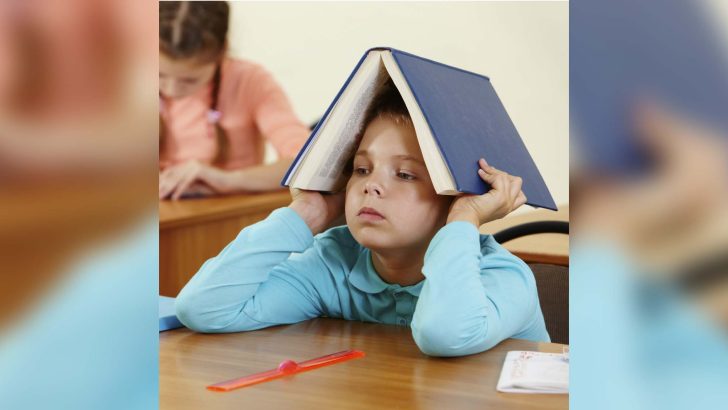The Office of the Ombudsman for Children Office marked its 20th anniversary this year with a survey – and given their focus, they decided: “who better to ask than those we work for, the children of Ireland, how that future should look and what we, as defenders of children’s rights, should be prioritising?”
Yes, it is useful to listen to children and youth. But there has been a growing fetishisation of ‘children & youth’ voices as being omniscient in their opinions on their lives. Youth organisations are particularly guilty of this – but do they ever really take the youth voices on board? Only when it suits pre-existing positions.
But any discerning adult should remember: all adults were children too. All adults have 18 years of experience of childhood. They can look back with experience and see what they have learned since their follies of youth. But it is not easy to say that without upsetting people.
That said, it is useful to understand what children are saying about being young today. But it is important to look at the representativeness of the survey. Only 257 of all the secondary schools were invited – we don’t know if the 257 were randomly selected or not. Only 23 of the schools responded. And then 1,036 students self-selected to respond. Selection bias is already problematic at each stage. It is not a randomly sampled survey.
But even notwithstanding that, some of the results are interesting. Only 39% of students said the voting age should be reduced to 16. It demonstrates an element of maturity. Climate Change only comes 10th on a list of issues of importance for youth on 12%, with LGBT issues 15th with 6% importance. These areas adults in power assume are priorities of youth yet – if the survey is to believed – these youth are not as obsessed as our politicians.
36% of respondents said they experience discrimination – yet we are never told what type of discrimination (age? sex? race? height? hair colour?) and under what conditions. It leaves more questions than answers if the question was posed as stated.
The report states: “When it comes to the scourge of bullying, it is truly upsetting to see that almost half (47%) of our children have experienced bullying and this holds steady across all age groups.” It is equally disturbing to read the report claiming ‘our’ children for its own, or for the nation. Parents are almost absent from the survey – only mentioned twice where they need more education and -maybe- fall under the group ‘other adults’.
40% state they would make use of a therapist at their school if they had access to them, with 52% saying they would be unlikely to. Abigail Shriers’ latest book ‘Bad Therapy: Why the Kids Aren’t Growing Up’ ends with a warning, for parents, but pupils alike about the iatrogenic risks of therapy: “They watch a rising tide of adolescent suffering and present themselves as its solution. Most of them ought to be fired on the spot.”
The majority of children surveyed (59%) want less emphasis on exam results and 75% want less homework. Some things never change. Yet in hindsight, many adults change their views on the values of homework and the discipline of exams. Structure is never appreciated in its time. In relation to online safety, no respondents suggested giving up their smartphones – or were not given that option – the most effective intervention, though 19% refer to laws on when children can access phones.
When asked what new subjects they would like to see, Religion, along with Psychology and Drama are top of the list of subjects students would like to see brought in to the curriculum – but the breakdown or overlap between the three is unclear.
Surprisingly, for many, would be that the majority of respondents are happy with the level of religious emphasis in schools. 40% would like to see no change, and 17% would like to see more. On the face of it, this is positive – or at least a back-handed compliment, given that the recent GRACE Report highlighted the substantive gaps in religious education in schools. It may be a case of teenagers saying the amount is right because it is quite limited.
At the same time, only 3% would like to see religion removed from the curriculum. This is a definite positive to take from the report as cultural commentary often gives the impression that religion as a subject is a waste of children’s time and an imposition from a bygone era (Irish is the least liked, a perspective that will likely change with hindsight).












